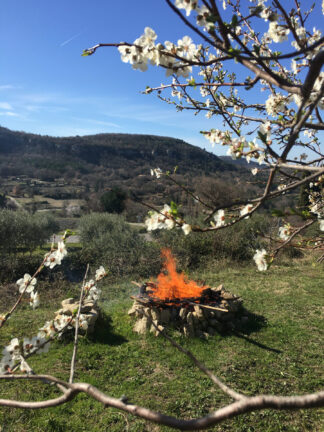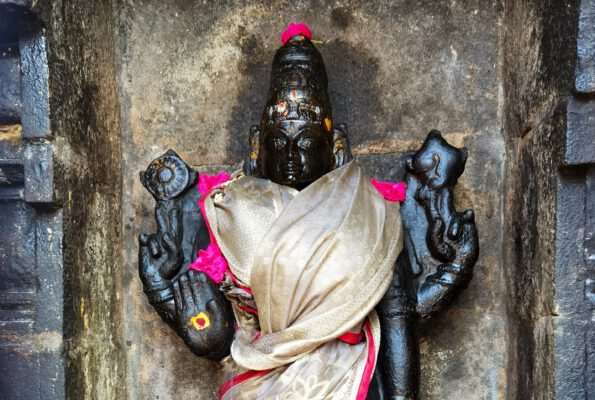II took part in a Zen meditation circle last year. Not so much because I see myself as a Zen Buddhist, but because I was looking for a quiet community to pursue my practice. During the Dokusan, I got involved in actively exploring my questions. I gave up a lot and left a lot behind. That was surprisingly easy. The 'teacher' drew my attention to the fact that the homelessness that I was actively initiating was also a spiritual state. That was liberating.
Instead of tying one's self to an identity that is bound up in social structures, my philosophical and spiritual journey leads me to a consciousness that tries to free itself from this illusion. Home has no meaning in this context, or if it does, it has a completely different meaning - living in harmony. This harmony is arbitrarily complex and co-present. A physical reference point for the body is not a home - the social, cultural, political, spiritual is perhaps more so. But here too, the point of reference in Buddhism or Hinduism is different. The core is to understand oneself as part of a diversity and immanent unity, which contradicts the concept of a home.
Being homeless is a spiritual state. It is not negative, but a goal. I have always felt homeless, I have always had difficulties with the concept of self. I have always been searching for an answer that is not based on a location, but on a realization. This realization is beyond the mind, it is intuitive and in its overcoming. Sri Aurobindo wrote a lot about fire. Its flame is light, it transforms. Its energy: destructive, giving, universal, mystical and spiritual.







